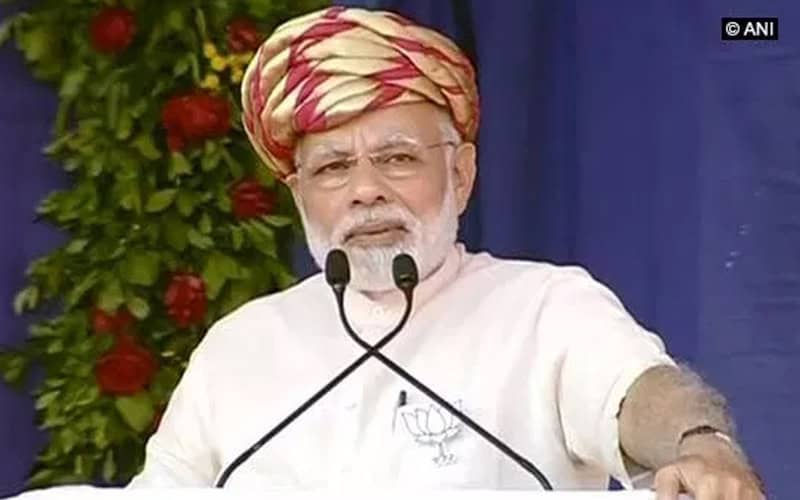New Delhi [India]: The Cabinet Committee on Economic Affairs chaired by Prime Minister Narendra Modi on Wednesday gave its approval for continuation of sub-schemes under ‘umbrella programme for development of Scheduled Tribes (STs)’ from April 1, 2017, to March 31, 2020, with an outlay of Rs 11,900 crore.
The approved schemes include — Pre-Matric Scholarship, Post Matric Scholarship, Ashram Schools, Boys and Girls Hostels, Vocational Training, Monitoring and Evaluation, Tribal Festivals, Tribal Research, Information and Mass Education, Aid to Voluntary Organisation working for the welfare of Scheduled Tribes, Development of Particularly Vulnerable Tribal Groups (PVTGs), Minimum Support Price for Minor Forest Produce, and Special Central Assistance (SCA) to States for Tribal Sub-Schemes (TSS), according to an official statement.
The sub-schemes will help to fill critical gaps in institutions and programmes for the welfare of STs with focus on specific interventions. More than 10 crore ST population will be benefitted through this scheme.
The ongoing schemes have been rationalised by the government and have been brought under Umbrella programme for the development of STs as its sub-schemes, it added.
These sub-schemes need continuation for delivering development related services to the intended ST beneficiaries. The aims of these schemes are as under:
1. To reduce the gap in the education achievement of ST children compared to the other population groups.
2. To fill in the critical gaps in existing efforts of access, retention and quality of education of ST children.
3. Research studies in the field of tribal development.
4. To promote effectiveness in the delivery of service and also enhance the reach of welfare schemes of Government in service deficient tribal areas in the sectors such as livelihood, health, education etc. through efforts of Voluntary Organisations (VOs).
5. Planning the socio-economic development of the Particularly Vulnerable Tribal Groups (PVTGs) in a holistic manner by adopting a habitat development approach.
6. To establish a system to ensure fair monetary returns to Minor Forest Produce (MFP) gatherers for their efforts in collection, primary processing, storage, packaging, transportation etc.
7. To enhance quality of life by providing basic amenities in tribal areas / localities including housing, link road, last mile connectivity, drinking water, sanitation etc.
[source_without_link]ANI[/source_without_link]

